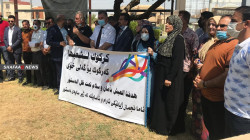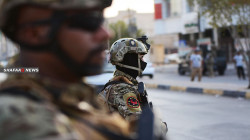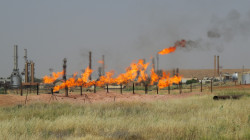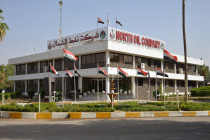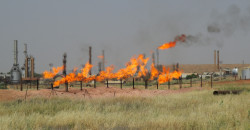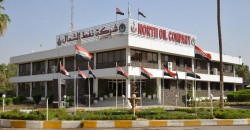A piece of India in Iraq: Kirkuk's crematorium
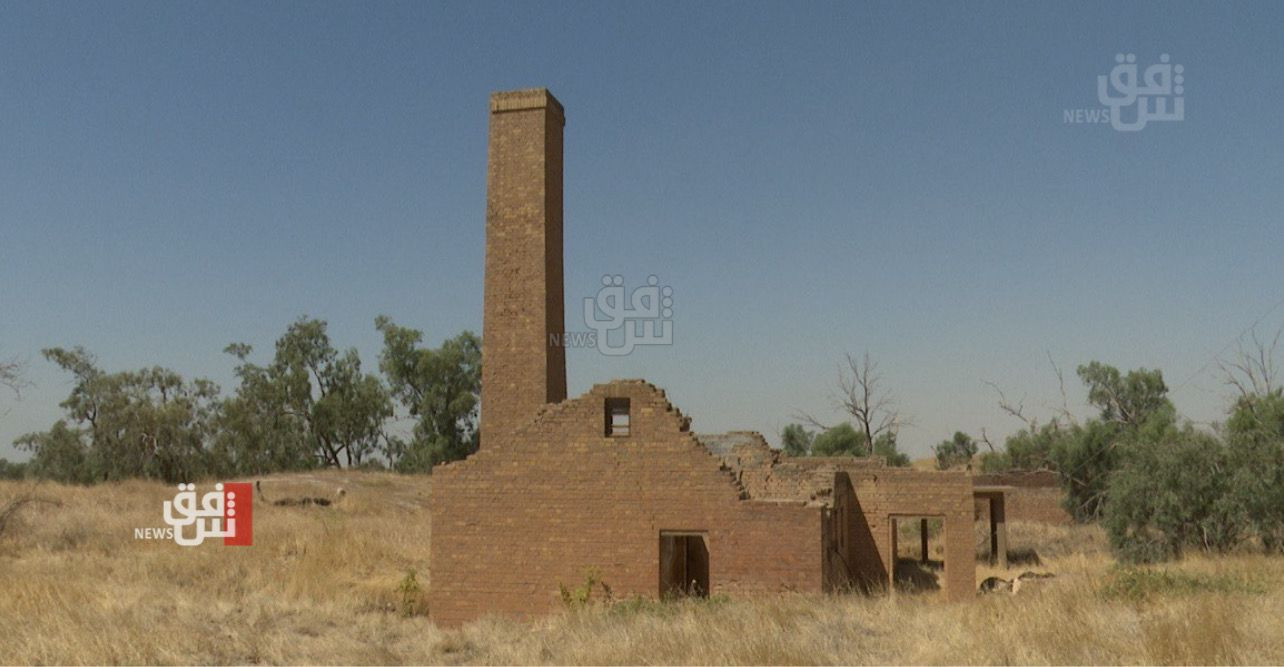
Shafaq News / Despite Iraq's historical absence of cremation practices, a century-old crematorium in Kirkuk reveals the legacy of Indian workers employed in the region's oil industry during the 1960s. This site serves as a testament to a ritual that dates back thousands of years, with archaeological evidence suggesting its existence as far back as 20,000 years ago near Lake Mungo in Australia. The practice has been inherited by East Asian cultures, as well as having ancient roots in Europe and among Native American tribes, and remains prevalent in various regions around the world.
Secrets of Kirkuk: The Indian Crematorium
Traveling three kilometers from the North Oil Company (NOC) headquarters in Kirkuk’s Arafa residential area, which accommodates company employees’ families, visitors encounter a checkpoint that verifies the identities of vehicle occupants. Access to this area is restricted to those with special permissions for non-employees.
Upon passing the checkpoint, the route leads to the renowned "Baba Karkar" area, home to Kirkuk's largest oil field and Iraq's second-largest one after Rumaila in Basra. The vehicle approaches the core of the NOC, where industrial zones and oil refinery towers become visible, accompanied by the pervasive smell of crude oil.
As one nears Well No. 1—the first drilled in Kirkuk—and the eternal flame that has burned for millennia, an Indian crematorium comes into view. The small building, topped with a chimney, features a five-meter-long iron table that once held the bodies of Indian workers from the 1960s.
The crematorium consists of three
rooms: one for receiving and preparing the deceased, another where a specialist
places the body in a metal coffin, and a third that houses the furnace for
cremation.
Khalil Remembers Crematorium
Khalil Abdullah, 83, reflects on the Indian workers who were instrumental in building oil facilities in the 1960s as part of the British companies that laid the initial foundations of the North Oil Company.
"The Indian crematorium was a significant landmark in the area," Abdullah told Shafaq News. "Muslim workers would gather when an Indian worker died to witness how his body was cremated, and I witnessed those rituals in 1968."
He elaborated, "There was a person who performed the religious rites for the deceased, while another would place the body in the metal coffin, adorn it, perfume it, and push it into the furnace to be cremated."
Cultural and Historical Cornerstone
Ayham Bahaa al-Din, a professor of Indian studies at the University of Kirkuk, explained that the Indian crematorium is an integral part of Kirkuk's history and culture, especially concerning the NOC, as it reflects the events that have transpired in the governorate and its residents.
"The crematorium was established over 100 years ago with the drilling of the first oil well in Kirkuk around 1921, when Indian labor was predominant in the British companies that occupied Iraq and began establishing oil companies, with Indians representing more than 60% of the workforce in these companies," he noted.
Moreover, Bahaa al-Din emphasized that Indians, especially Hindus, practice the ritual of cremation, and their crematorium in Kirkuk is a clear testament to this. “Until the 1970s, Indian workers were still employed in Kirkuk until the nationalization of oil in 1975 by the Iraqi government, after which Indian workers left Iraq and were replaced by Iraqi staff.”
The ancient Hindu texts mention that wives have the right to participate in the final rites if their husband dies without leaving a son or daughter and without a brother, but they are prohibited from attending the cremation ceremony.
In this context, Bahaa al-Din confirmed, “The cremation must be performed by the eldest son, and there is a Hindu religious text addressing funeral rituals believed to be over a thousand years old, which does not address the role of women."
The professor concluded by stating, "The crematorium could be transformed into an important site for researchers interested in the Indian presence in Iraq, facilitating studies about it and the events that surrounded it in the past."
